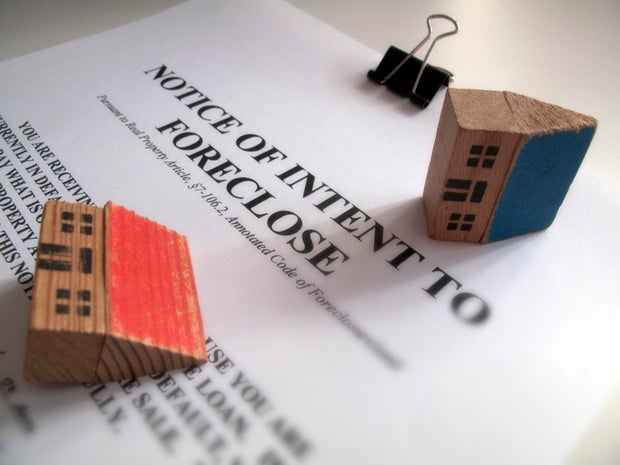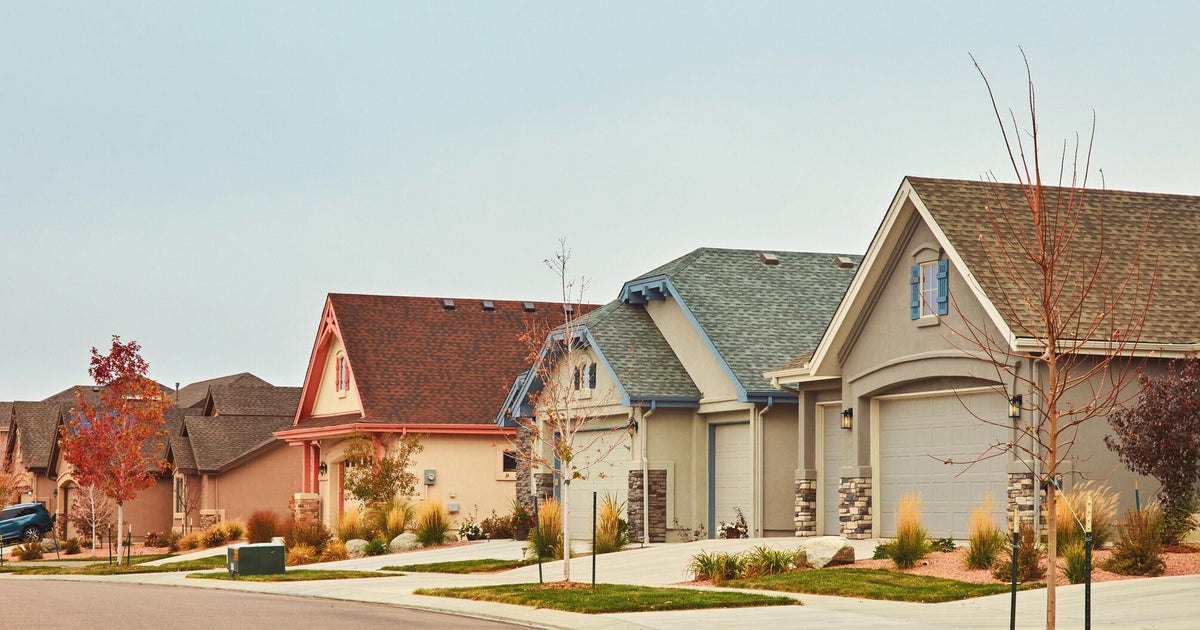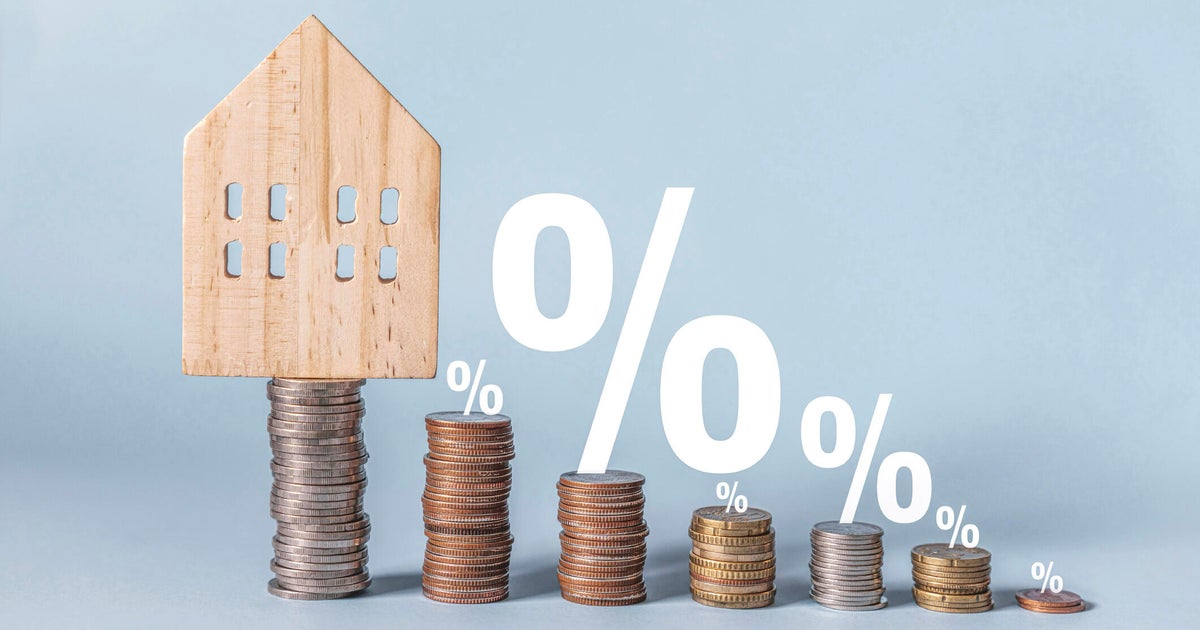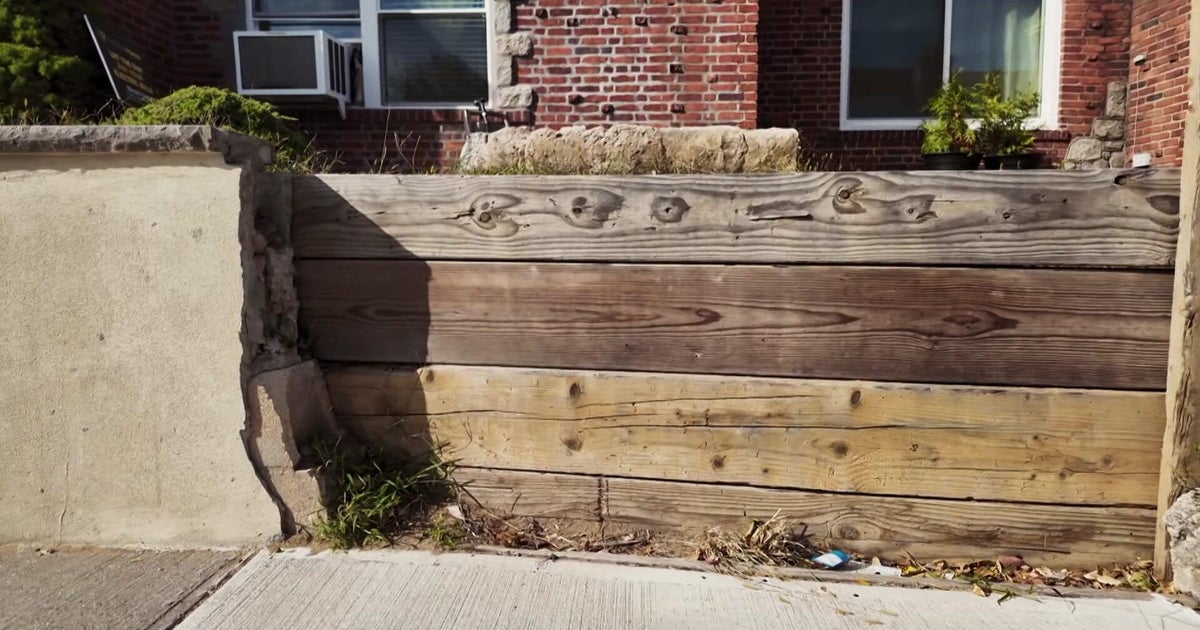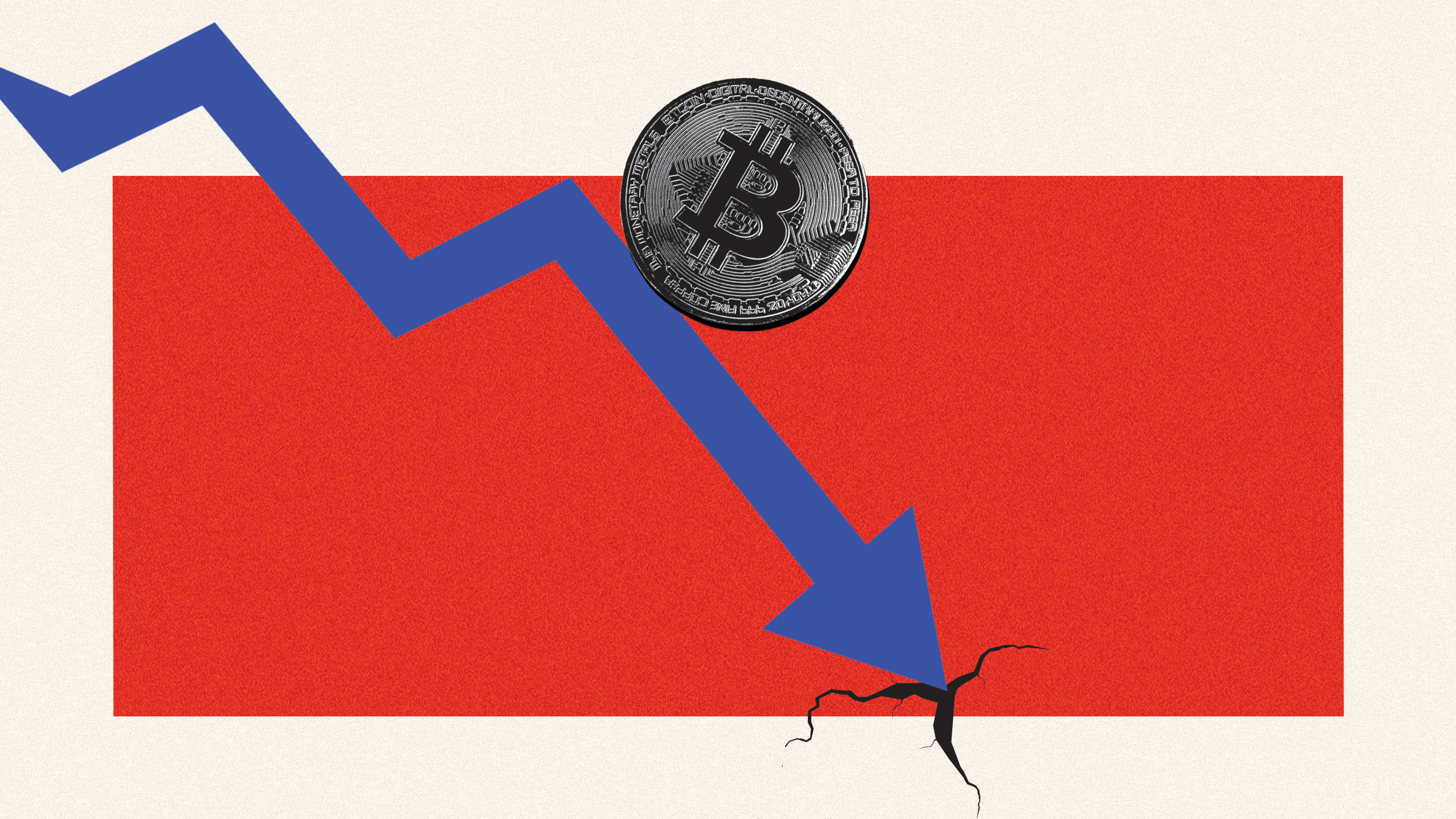How to pay your 'zombie mortgage' now
For many Americans, the nightmare of the 2008 housing crisis faded as the real estate market recovered in the years that followed — and became even less relevant as home values soared over the last few years. But an ominous threat has since resurfaced: "zombie mortgages". These second mortgages, many of which were acquired in the time leading up to the late-2000s housing crisis, have become problematic for thousands of homeowners, and some are now facing threats of collections and foreclosure from creditors who say they are owed money on old home loans tied to the properties.
These "zombie" debts often arise when a homeowner falls behind on mortgage payments and vacates the home, assuming the bank will proceed with foreclosure. But with home values tanking during the most recent housing crisis, many lenders who held delinquent mortgage loans opted not to take the final steps to foreclose and take legal possession. And now, seemingly out of the blue, homeowners are receiving notices that they owe a remaining balance on those old mortgage loans, plus accumulated fees, penalties, taxes and maintenance costs.
Homeowners who find themselves plagued by tens or hundreds of thousands of dollars in zombie mortgage debt may see their credit scores shattered and finances ruined, making it difficult to secure future housing, qualify for loans or, in some cases, even get hired for certain jobs. Foreclosure is also a real threat in these circumstances, as are repercussions like wage garnishment and asset seizure. But while zombie mortgages truly are a serious affliction, there are ways to pay off the mortgage loan debt if you're dealing with this issue.
Compare the home equity options you have and start tackling your "zombie mortgage" debt now.
How to pay your 'zombie mortgage' now
If you're trying to get rid of a zombie mortgage, here are some of the top options you have for paying off what's owed on the home:
Pay off the debt by leveraging your home's equity
The average U.S. homeowner is now sitting on about $300,000 in home equity thanks to rapidly rising property values over the last few years, and about $190,000 of that is tappable home equity. Borrowing from this home equity can be a powerful financial weapon against zombie mortgage debts.
For example, if you have enough equity in your home, you can leverage it responsibly to cure delinquent mortgage payments before the foreclosure process goes too far. Or, if you're facing an existing "zombie mortgage," you can use the home equity funds for an outright payoff to permanently eliminate the debt obligation once and for all.
You have a couple of good options for curing a zombie mortgage with your home equity: a home equity loan or a home equity line of credit (HELOC). And, even in today's high-rate environment, these borrowing options can be more affordable than other types of lending, as the average rate on a home equity loan is currently 8.60% while the average HELOC rate is just over 9%.
A home equity loan functions like a second mortgage, providing a lump sum of money at a fixed interest rate that is repaid over a set term. HELOCs are more flexible, acting as revolving credit lines that can be drawn from as needed, with variable interest rates charged only on the outstanding balance. But either one can be a smart way to access the cash you need to get rid of your mortgage debt and retain ownership of your home.
Find out how your home equity could help you get rid of your zombie mortgage loan.
Try to negotiate a settlement with the lender
In situations where the overall "zombie mortgage" debt amount seems questionable or unaffordable, it may be worth attempting to negotiate a lump-sum settlement with the mortgage holder. That's because creditors are often willing to accept a discounted payoff figure for less than the full mortgage loan balance to close out the file and recover at least a portion of what is owed, especially if the mortgage debt is old.
That said, this process often takes patience, skilled negotiating and (ideally) some guidance from a real estate attorney or housing counselor. After all, the nuances of this type of negotiation, as well as the legalities related to collecting on these types of debts, can be confusing to a layperson. But if successful, it could provide significant savings compared to paying the full "zombie mortgage" amount to keep your home.
Dispute the validity of the "zombie mortgage" debt
There are cases where zombie mortgage claims will be inaccurate, whether that means they contain incorrect information, excessive fees or amounts that are simply not legitimate. Or, in certain situations, the debt from a former owner, rather than the current homeowner, may be tied to a lien placed on the property.
In these scenarios, homeowners have the right under federal law to issue a formal written dispute requesting validation and supporting evidence for any questionable charges. If the lender is unable to produce proper documentation proving the full debt is accurate and owed, portions or even all of the "zombie mortgage" may potentially be discharged through this dispute process. So, it can be worth disputing the debt if there are questions as to whether it's collectible or valid, as it could result in paying a lot less (or nothing) on the old mortgage debt.
File for bankruptcy protection
When all other options for resolving a zombie mortgage have been exhausted and the debt is overwhelming, filing for bankruptcy can serve as a last-resort measure to discharge the obligation. Both Chapter 7 and Chapter 13 personal bankruptcy filings can potentially eliminate mortgage debts through the courts.
However, it's important to consult with an experienced bankruptcy attorney first, as this solution comes with damaging credit consequences and borrowing limitations that can persist for years. In most cases, bankruptcy should only be pursued if there are simply no other viable paths for resolving the "zombie mortgage."
The bottom line
While "zombie mortgages" represent a truly threatening financial affliction, the situation is not hopeless if you are proactive in exploring all available remedies. By utilizing strategies like leveraging home equity, negotiating affordable solutions or even considering bankruptcy when necessary, you can put these debts down for good and regain control over your housing future.
